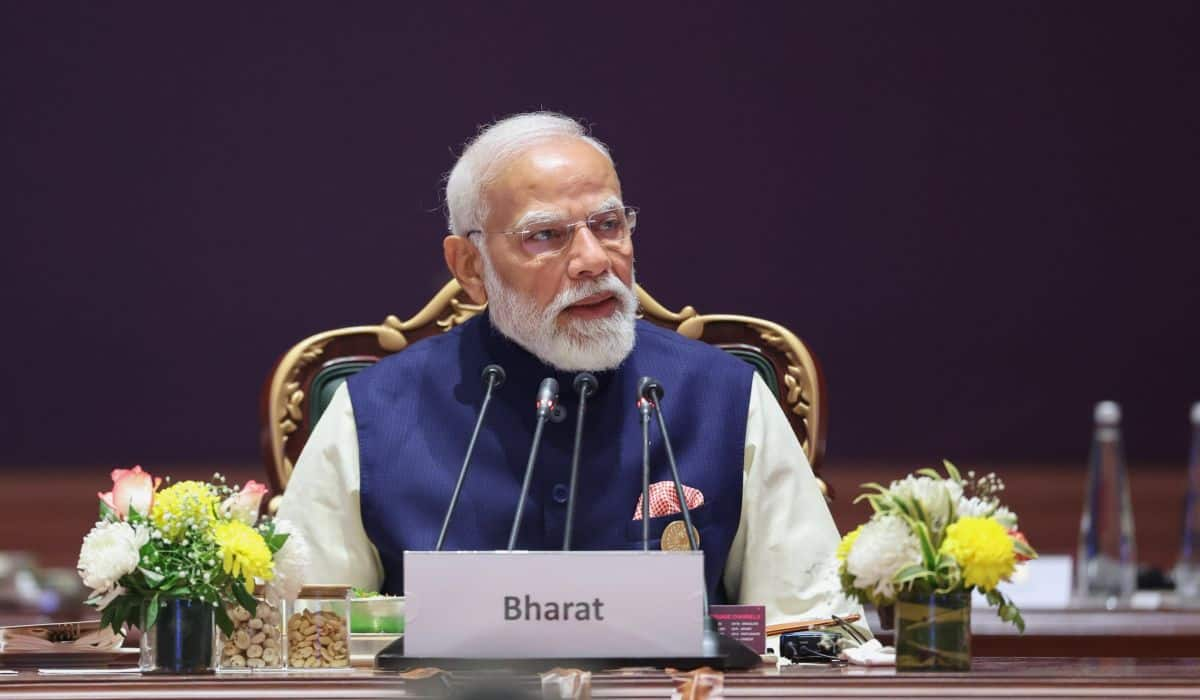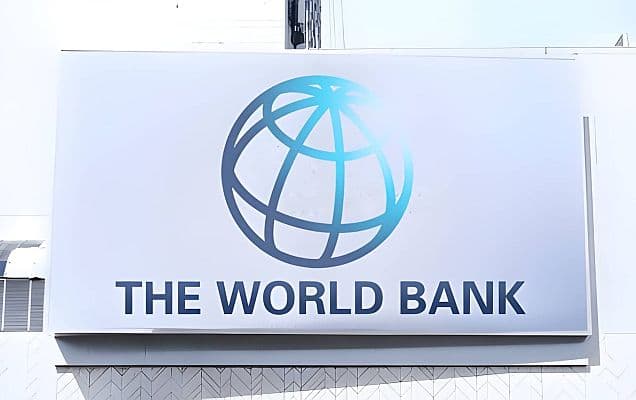Today, 89 years ago, Bapu embarked on the iconic Dandi March. Though aimed at protesting unfair Salt Laws, Dandi March shook the foundations of colonial rule and became a strong symbol of fighting injustice and inequality.

Did you know who had a key role in the planning of the Dandi March?
The great Sardar Patel.
The organisational man that he was, Sardar Patel planned every minute aspect of the Dandi March, down to the last detail. And, the British were so scared of Sardar Sahib that they arrested him a few days before the launch of Dandi March hoping it would scare Gandhi Ji. However, none of that happened. The larger cause of fighting colonialism prevailed over everything else!
Last month I was in Dandi, at the exact spot where Bapu lifted a handful of salt. A state-of-the-art museum has also come up there, which I urge you all to go see.
Gandhi Ji taught us to think of the plight of the poorest person we have seen and think about how our work impacts that person. I am proud to say that in all aspects of our Government’s work, the guiding consideration is to see how it will alleviate poverty and bring prosperity.
Sadly, the anti-thesis of Gandhian thought is the Congress culture.
Bapu said, “...through realisation of freedom of India I hope to realise and carry on the mission of brotherhood of man.” In many of his works, Gandhi Ji said that he does not believe in inequality and caste divisions. Sadly, the Congress has never hesitated from dividing society. The worst caste riots and anti-Dalit massacres happened under Congress rule.
Bapu said in 1947, “It is the duty of all leading men, whatever their persuasion or party, to safeguard the dignity of India. That dignity can’t be saved if misgovernment and corruption flourish. Misgovernment and corruption always go together.” We have done everything to punish the corrupt. But, the nation has seen how Congress and corruption have become synonyms. Name the sector and there will be a Congress scam- from defence, telecom, irrigation, sporting events to agriculture, rural development and more.
Bapu spoke about detachment and staying away from excess wealth. However, all that Congress has done is to fill their own bank accounts and lead luxurious lifestyles at the cost of providing basic necessities to the poor.
While interacting with a group of women workers, Bapu said, “I have been receiving complaints that some so called eminent leaders of India are making money through their sons, that nepotism is on the increase as also is corruption and that I should do something about it. If it is true all one can say is that we have reached the limit of our misfortune.” Bapu despised dynastic politics but the ‘Dynasty First’ is the way for the Congress today.
A firm believer in democracy, Bapu said, “I understand democracy as something that gives the weak the same chance as the strong.” Ironically, the Congress gave the nation the Emergency, when our democratic spirit was trampled over. The Congress misused Article 356 several times. If they did not like a leader, that Government was dismissed. Always eager to promote dynastic culture, Congress has no regard for democratic values.
Gandhi Ji had understood the Congress culture very well, which is why he wanted the Congress disbanded, especially after 1947.
He lamented, “I am sorry to have to say that many Congressmen have looked upon this item (Swaraj) as a mere political necessity and not as something indispensable.” He also added that Congress leaders are only busy making communal adjustments. In 1937 itself he said, “I would go to the length of giving the whole congress a decent burial, rather than put up with the corruption that is rampant.”
Thankfully, today we have a Government at the Centre that is working on Bapu’s path and a Jan Shakti that is fulfilling his dream of freeing India from the Congress Culture!













